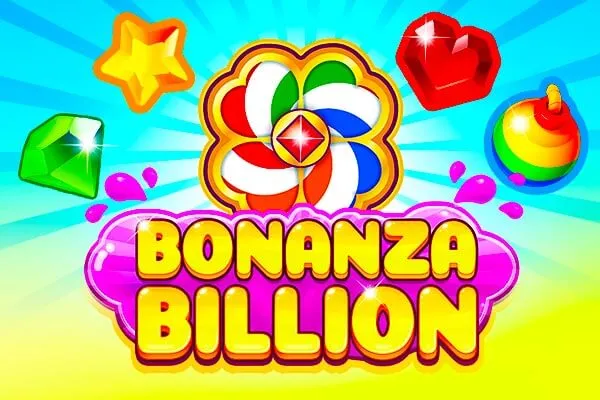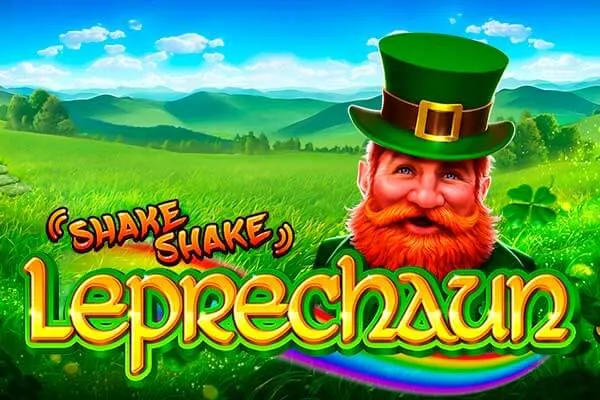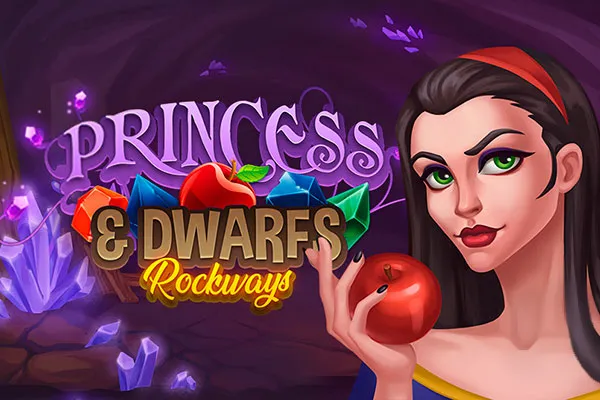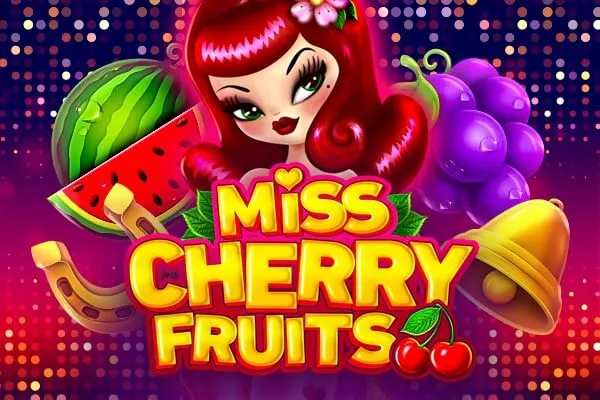Achcha: Understanding its Meaning, Usage, and Cultural Significance in India
The word "achcha" (अच्छा), a ubiquitous term in India, transcends a simple dictionary definition. It's a multifaceted word, deeply ingrained in the Indian psyche, used in countless contexts with nuances that only a native speaker can truly appreciate. This article delves into the meaning, usage, and cultural significance of "achcha," exploring its various applications and shedding light on its importance in Indian communication.
What Does "Achcha" Mean?
At its core, "achcha" translates to "good" or "okay" in Hindi. However, its meaning is far more nuanced than a direct translation suggests. It can express:
- Agreement: "Achcha, main samjh gaya" (Okay, I understand).
- Acceptance: "Achcha, theek hai" (Okay, that's fine).
- Acknowledgement: "Achcha, mujhe pata hai" (Okay, I know).
- Approval: "Achcha, yeh achcha hai" (Good, this is good).
- Surprise: "Achcha! Tum aa gaye?" (Oh! You came?).
- Doubt/Skepticism (depending on tone): "Achcha?" (Really?).
- A filler word: Similar to "um" or "well" in English.
The specific meaning of "achcha" is heavily reliant on context, tone, and body language. A simple "achcha" can convey a range of emotions and intentions, making it a powerful and versatile word.
The Versatile Usage of "Achcha" in Daily Life
"Achcha" permeates everyday conversations across India. Here are some common scenarios where you'll encounter it:
- Confirming understanding: After someone explains something, you might respond with "Achcha, achcha" to show you're following along.
- Ending a conversation: A drawn-out "Achchhaaaaaa..." can signal the end of a phone call or a meeting.
- Responding to news: Whether good or bad, "Achcha" can be used as an initial reaction, followed by a more detailed response.
- Giving permission: A simple "Achcha, jao" (Okay, go) grants permission.
- Expressing mild surprise: Hearing an unexpected piece of information might elicit an "Achcha?" with a slightly raised intonation.
- Negotiating a price: While bargaining, "Achcha, kitne mein doge?" (Okay, for how much will you give it?) is a common phrase.
- Responding to a greeting: While less common than "Namaste," "Achcha" can be used as a casual response to a greeting, particularly among close friends.
The versatility of "achcha" makes it an indispensable part of the Indian lexicon. Its widespread use highlights its adaptability and its ability to convey a multitude of meanings with minimal effort.
"Achcha" as a Cultural Marker in India
Beyond its literal meaning, "achcha" serves as a cultural marker, reflecting certain aspects of Indian communication styles:
- Indirectness: Indians often favor indirect communication, and "achcha" can be used to soften a disagreement or avoid a direct confrontation. For example, instead of saying "I disagree," someone might say "Achcha, theek hai, lekin..." (Okay, that's fine, but...).
- Politeness: Using "achcha" shows attentiveness and respect for the speaker. It indicates that you're listening and acknowledging their words.
- Building rapport: The frequent use of "achcha" helps create a sense of connection and understanding between speakers, fostering a more harmonious interaction.
- Social Harmony: In Indian culture, maintaining social harmony is paramount. "Achcha" can be used to diffuse tension or avoid conflict, contributing to a more peaceful interaction.
The cultural significance of "achcha" underscores its role as more than just a word; it's a reflection of Indian values and communication norms.
Regional Variations and Dialectal Differences
While "achcha" is widely understood across India, its pronunciation and usage can vary slightly depending on the region and dialect. For example:
- Pronunciation: The pronunciation of "achcha" might differ slightly in terms of emphasis or vowel sounds across different regions.
- Specific connotations: While the core meaning remains the same, certain regions might associate specific connotations or nuances with "achcha" that are not as prevalent elsewhere.
- Use with other words: The way "achcha" is combined with other words and phrases can also vary regionally.
Understanding these regional variations can enhance one's appreciation for the richness and diversity of the Indian language landscape.
Common Misunderstandings and How to Avoid Them
For non-native speakers, the multifaceted nature of "achcha" can lead to misunderstandings. Here are some common pitfalls and how to avoid them:
- Taking it at face value: Don't assume "achcha" always means "good" or "okay." Pay attention to the tone, context, and body language to decipher the true meaning.
- Ignoring the intonation: The intonation of "achcha" can drastically alter its meaning. A rising intonation can indicate a question or surprise, while a flat intonation might suggest indifference.
- Overusing it: While "achcha" is a versatile word, overusing it can make you sound insincere or repetitive.
- Using it inappropriately: Be mindful of the context and avoid using "achcha" in formal situations where a more direct or specific response is required.
By being aware of these potential pitfalls and paying close attention to the nuances of communication, non-native speakers can avoid misunderstandings and effectively navigate conversations in India.
"Achcha" in Popular Culture
"Achcha" frequently appears in Indian movies, songs, and television shows, further solidifying its place in the cultural landscape. Its use in popular culture often reflects its everyday usage, showcasing its versatility and cultural significance.
- Dialogue: "Achcha" is a staple in movie dialogues, used to convey a range of emotions and reactions.
- Songs: While less common as a central theme, "achcha" can appear in song lyrics, often used to express agreement or acceptance.
- Comedy: The humorous potential of "achcha" is often exploited in comedic scenes, where its ambiguous meaning can be used for comedic effect.
Its presence in popular culture reinforces its importance as a fundamental element of Indian communication.
Synonyms and Alternatives to "Achcha"
While "achcha" is a widely used word, there are several synonyms and alternatives that can be used depending on the context:
- Theek hai (ठीक है): Meaning "okay" or "alright," often used interchangeably with "achcha."
- Haan (हाँ): Meaning "yes," used for direct agreement.
- Theek (ठीक): Meaning "correct" or "right."
- Bahut achcha (बहुत अच्छा): Meaning "very good" or "excellent."
- Sahi hai (सही है): Meaning "that's right" or "correct."
- Ji haan (जी हाँ): A more formal way of saying "yes."
Choosing the appropriate synonym can add precision and clarity to your communication.
Conclusion: The Enduring Significance of "Achcha"
"Achcha" is far more than just a simple word. It's a cultural touchstone, a reflection of Indian communication styles, and a versatile tool for navigating everyday conversations. Its multifaceted meaning, regional variations, and presence in popular culture all contribute to its enduring significance in India. By understanding the nuances of "achcha," one can gain a deeper appreciation for the richness and complexity of the Indian language and culture. Its continued widespread use guarantees its place as a fundamental element of Indian communication for generations to come. Learning to use "achcha" correctly is a key step towards effective communication and cultural understanding in India.
Related Pages
- Live HBL Share Price Today: Latest Updates for Indian Investors!
- Hazrat Nizamuddin Railway Station: Your Ultimate Delhi Travel Hub for Seamless Journeys!
- Matchbox9: India's Top Gaming Sensation – Unlock Exclusive Rewards Now!
- Upendra Yadav: The Untold Story That's Gripping India
- Fairplay1 Club: India's Ultimate Gaming Hub for Big Wins and Fair Play!









